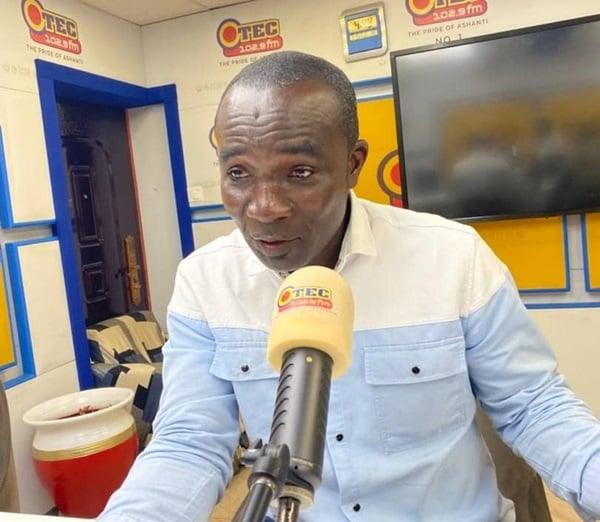Kennedy Kankam’s assessment of the Mahama administration’s first six months paints a picture of inaction, contradiction, and a preoccupation with public perception over tangible results. He argues that the government has engaged in a period of “trial and error,” seemingly more concerned with testing public reactions than implementing a coherent policy agenda. This experimental approach, Kankam contends, has resulted in a lack of significant progress on critical fronts, particularly in infrastructure development, a key driver of economic growth and national advancement. He criticizes the administration for failing to initiate any major infrastructure projects, suggesting a lack of vision and strategic planning for long-term development.
Kankam further challenges the government’s claims of economic recovery, labeling them as premature and self-contradictory. He points to the inherent inconsistency in the administration’s position: claiming it’s too early to assess their performance while simultaneously taking credit for economic gains. This contradictory stance, Kankam argues, reveals a disconnect between the government’s rhetoric and the reality on the ground. He emphasizes that genuine progress requires concrete action and tangible outcomes, not merely pronouncements of success in the absence of demonstrable achievements. He posits that if no meaningful actions have been taken, there is no basis for claiming progress or celebrating achievements.
The former MP’s critique extends to what he perceives as the government’s overreliance on rhetoric rather than substantive policy implementation. He urges the Mahama-led administration to shift its focus from symbolic gestures and empty pronouncements to concrete, people-centered policies that will tangibly improve the lives of Ghanaians. He stresses the need for a clear and actionable policy agenda that prioritizes the needs of the citizenry and addresses the pressing challenges facing the nation. Kankam’s call for action underscores the importance of moving beyond political posturing and engaging in meaningful governance that delivers tangible benefits to the people.
Kankam’s criticisms highlight the perceived disconnect between the government’s pronouncements and its actions. He argues that while the administration claims it is too early for judgment, it simultaneously boasts of economic progress, creating a contradictory narrative. This dissonance, according to Kankam, undermines public trust and raises questions about the government’s commitment to genuine development. He emphasizes the need for transparency and accountability in governance, urging the administration to be more forthright about its challenges and to demonstrate a clear commitment to delivering on its promises.
The former MP’s assessment serves as a call for greater focus on tangible results and a shift away from what he perceives as politically motivated rhetoric. He emphasizes the importance of prioritizing the needs of the people and implementing policies that directly address their concerns. Kankam’s critique ultimately underscores the essential role of effective governance in driving national development and improving the well-being of citizens. He advocates for a more proactive and results-oriented approach to governance, one that prioritizes concrete action over symbolic gestures.
In essence, Kankam’s evaluation of the Mahama administration’s initial six months portrays a government more concerned with managing public perception than delivering substantive results. He criticizes the lack of significant progress on key fronts, particularly infrastructure development, and questions the validity of the government’s claims of economic recovery. He urges a shift away from rhetorical pronouncements and towards concrete, people-centered policies that will tangibly improve the lives of Ghanaians. Kankam’s critique emphasizes the importance of accountability, transparency, and a commitment to delivering tangible outcomes in governance.














